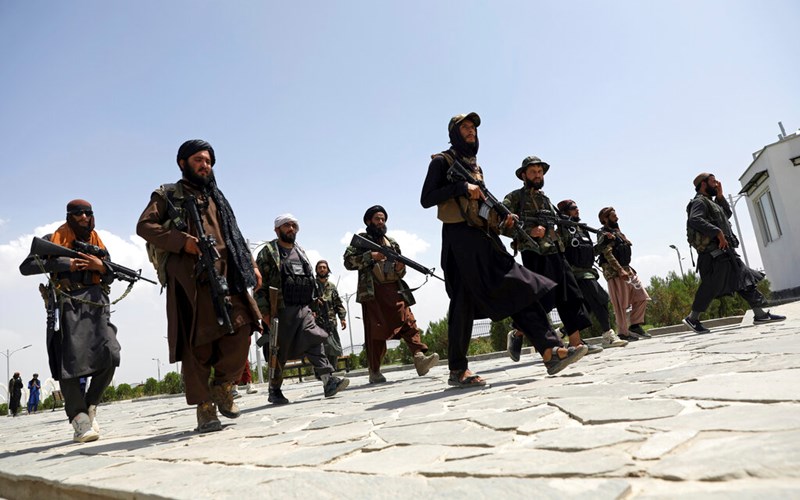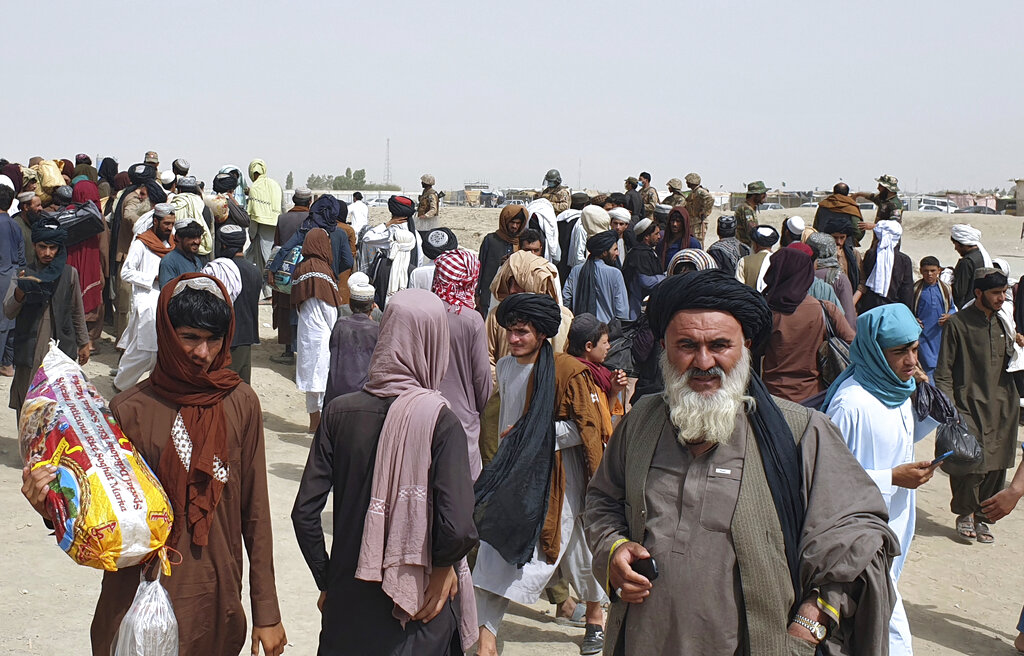Joshua Youssef heads Help The Persecuted (HTP), one of several groups remaining in Afghanistan to help the Christians there flee the Taliban.
"We have about 150 staff in Afghanistan that are currently assisting the transition and evacuation of the minority Christian population in Afghanistan," he tells American Family News. "It's estimated that there could be up to 40,000 convert Christians in Afghanistan."

HTP's current list indicates they are helping 2,400 religious minorities, mostly Christians, leave the country and relocate to European nations. Youssef says the U.S. State Department has stymied a lot of their efforts and those of other organizations, so they are looking at land routes and other options.
"That could change," he adds. "The Taliban is saying that they may open up the airport within the week. They've now allowed funding to come in from Western Union and other funding sources, so it is possible that things could change, that perhaps the Taliban is slightly more moderate than they used to be. But time will tell."
Youssef, however, is not entirely hopeful that all of the Christian converts will be able to leave the country. And the Christian men who are left behind will likely face an automatic death penalty, and the women will face prison time.
Meanwhile in neighboring Pakistan, religious minorities continue to bear the brunt of the country's blasphemy law.
A Pakistani Catholic mother and her partially paralyzed husband, for example, have been on death row for seven years on a blasphemy charge. But Jeff King, president of International Christian Concern (ICC), says the charges alleging that the couple had sent blasphemy messages to a Muslim cleric were absurd. The couple has been acquitted on appeal.
"The messages that were being sent were in English," King relays. "These people don't speak English. They're illiterate. They don't write; they don't speak English. They were in an argument because their kids had gotten into a fight, and then the parents were in the fight, and so the cleric -- it looks like he manufactured this thing."

The couple has been taken to Europe for their safety, as Pakistanis who have been charged with blasphemy have no hope in their home country, where the system is rigged against them.
"It doesn't matter the merits of the case," the ICC president laments. "If you're charged with blasphemy in the lower court, whether there's a lot of evidence or not, the judges are going to sentence you to death because they don't want to be killed by the fundamentalists."
A Christian Pakistani woman faces the same trials after receiving and allegedly sending blasphemous messages through WhatsApp.







